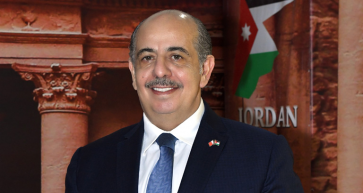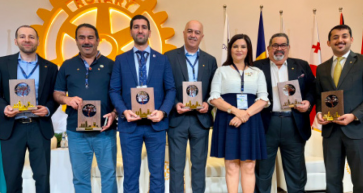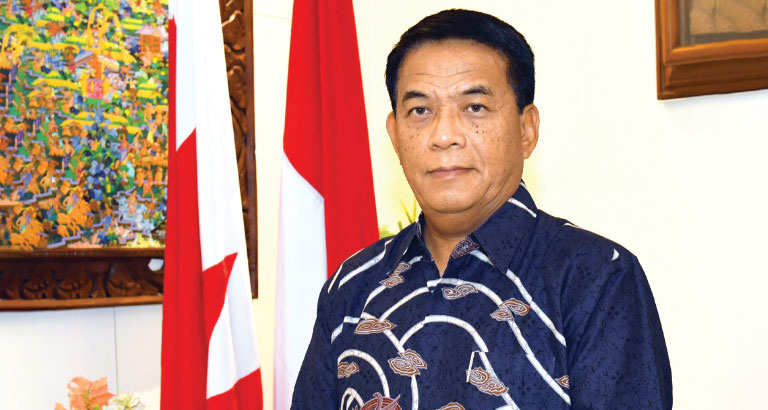
In an exclusive interview with Bahrain This Month, Indonesian Ambassador to Bahrain, HE Ardi Hermawan, reflects on a diplomatic journey spanning more than 30 years. On the occasion of Indonesia’s 79th Independence Day on August 17, he offers Kristian Harrison insights into bilateral relations, discusses future collaborations and reveals the Kingdom’s Indonesian community’s plans to celebrate this auspicious occasion.
Your Excellency, thank you so much for speaking to us. Firstly, can you tell us about your diplomatic career to date?
I was born in Padang, West Sumatra, but spent my youth in Surabaya, where I completed my undergraduate studies. Surabaya holds a special place in my heart, as it is where I met my wife. We are blessed with three daughters and two grandchildren.
I earned my BA in International Relations from Universitas Airlangga in Surabaya and pursued postgraduate studies in Australia, obtaining a Diploma from the Australian National University and a Master’s degree from Monash University.
My first diplomatic posting was at the Indonesian Embassy in Paris in 1994, followed by assignments in Budapest, Tokyo and San Francisco. Before my current post in Bahrain, I served at the Ministry of Tourism of the Republic of Indonesia. I have also worked in several departments at the Ministry of Foreign Affairs in Jakarta, including the Directorate of European Affairs and the Human Resources Bureau.
Can you share some insights into the current state of Indonesia-Bahrain relations and any significant developments in recent years?
Politically, the bilateral relationship between Bahrain and Indonesia has never been better. Since establishing diplomatic relations in 1984, both countries have had no political issues hindering their relationship. They share much in common: Muslim majorities, archipelagic and seafaring cultures, and a commitment to peace and coexistence.
Currently, the two countries are closely coordinating for this year’s 2nd Political Consultation, a strategic platform for reviewing bilateral cooperation and exploring new opportunities. Indonesia welcomes Bahrain’s efforts to enhance engagement with ASEAN and the adoption of the ASEAN – GCC Framework of Cooperation.
Economically, our trade relations are stable with significant potential for growth. We are working on the potential reopening of direct flights to Jakarta by Gulf Air, which would enhance trade and tourism.
What are the key areas of cooperation between Indonesia and Bahrain, and how do you see these evolving in the future?
In politics, both countries support each other’s candidatures at various international organisations. Economically, trade and tourism are major areas of cooperation. Despite a stable trade balance and increasing tourist numbers, there is potential for stronger cooperation.
Education is another key area. Bahrain is a leader in Islamic economy and finance education, attracting Indonesian universities and institutions for collaboration. The Embassy is also working to intensify consular cooperation to better serve and protect Indonesian citizens in Bahrain.
The Embassy’s efforts are focused on building a robust and multi-faceted relationship that benefits both countries on various levels.
Indonesia is known for its rich cultural heritage. How is the embassy promoting Indonesian culture in Bahrain, and vice-versa?
The Embassy participates in numerous cultural events annually, including the Bahrain Summer Festival and various school and community events. We also organise a Batik Fashion Show in Manama and collaborate with ASEAN Embassies in social and cultural activities, such as the ASEAN Bazaar.
We are exploring collaborations between artists, designers, galleries and museums from both countries to further cultural exchange.
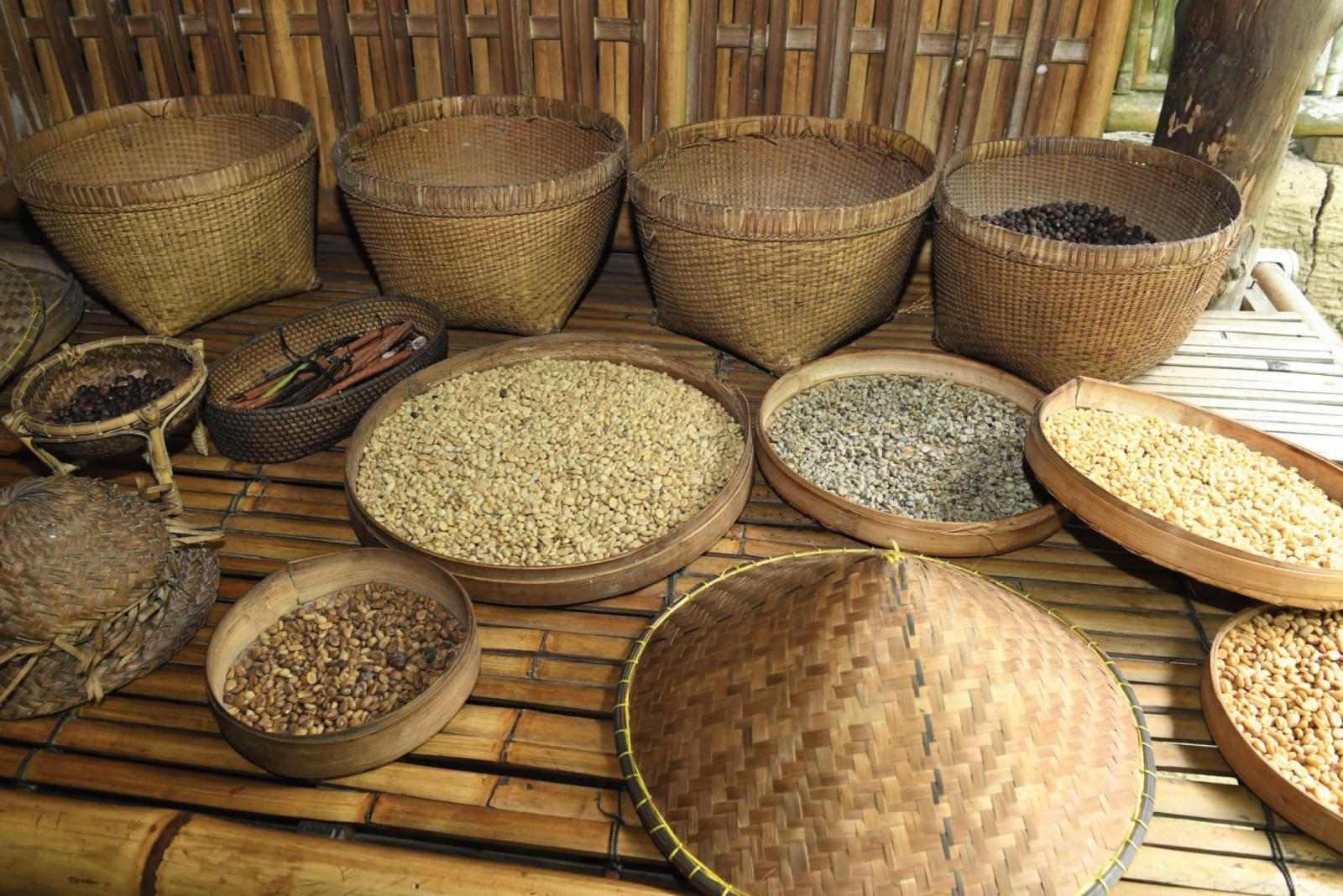 What are the main economic ties and trade figures between the two countries, and what opportunities exist for Indonesian businesses in Bahrain?
What are the main economic ties and trade figures between the two countries, and what opportunities exist for Indonesian businesses in Bahrain?
In 2023, the total trade volume between Bahrain and Indonesia reached USD210.5 million. Bahrain exports petroleum gas, refined petroleum and aluminium to Indonesia, while importing cars, palm oil and textiles. Bahrain offers promising opportunities for Indonesian consumer goods, such as stationery, snacks and home appliances.
The Embassy is dedicated to fostering stronger connections between Indonesian and Bahraini businesses. We are hosting business forums and trade exhibitions to showcase Indonesian products and services, aiming to create more partnerships and joint ventures. By enhancing our economic ties, we hope to provide more opportunities for both Indonesian and Bahraini entrepreneurs, contributing to the prosperity of our nations.
How has the bilateral trade between Indonesia and Bahrain been impacted by the global economic challenges, and what measures are being taken to enhance it?
The global economic situation has caused a slight decline in our trade due to decreased Bahrain oil exports. However, non-oil sectors like services have seen growth, creating new opportunities. We are intensifying trade promotion through business matching activities and participation in trade events.
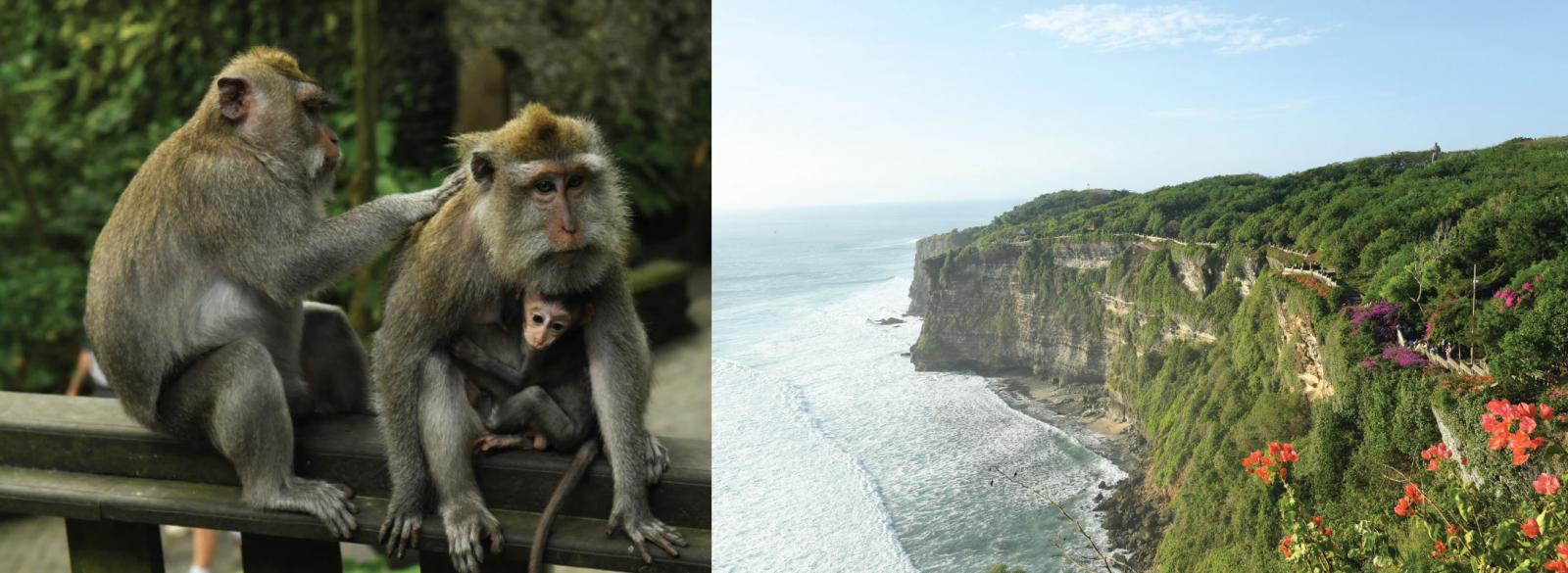 Education and tourism are vital sectors for both countries. Are there any new initiatives or upcoming events planned to boost collaboration in these areas?
Education and tourism are vital sectors for both countries. Are there any new initiatives or upcoming events planned to boost collaboration in these areas?
East Asian and Southeast Asian countries are not the most favoured destinations for Bahraini students, with only one currently studying in Indonesia. However, we are continuously promoting Indonesian educational institutions and cultural exchange programmes to attract more Bahraini students.
For example, we are working on educational exchanges and scholarships to encourage Bahraini students to study in Indonesia. These initiatives not only promote academic excellence but also enhance mutual understanding and cultural appreciation.
How does the embassy support and engage with the Indonesian community and what consular services does it offer?
Based on data from LMRA, as of November 2023, the total number of Indonesian citizens in Bahrain is recorded as 6,965. Of these, 88 percent are women; 86 percent work in the domestic/informal sector; and 14 percent of the remaining individuals (958 people) are family members or Indonesian citizens employed in various sectors, including hospitality, cafes, restaurants, academia, IT professionals, consultants and more.
We offer consular services for Indonesian citizens, including assistance in resolving issues to return home as quickly as possible, providing a list of local lawyers and translators, assisting with document legalisation, issuing passports and obtaining outstanding salaries.
This year marks Indonesia’s 79th Independence Day. Can you share the significance of this milestone and any special plans to celebrate it in Bahrain?
On this historic and auspicious occasion, I extend my warmest greetings and share my happiness with the Indonesian community and friends of Indonesia in Bahrain. It is my great honour to express my deepest appreciation and gratitude to His Majesty King Hamad bin Isa Al Khalifa, the Crown Prince and Prime Minister HRH Prince Salman bin Hamad Al Khalifa, as well as the government and the people of the Kingdom of Bahrain for their kind wishes and messages of congratulations.
This year, the theme for Indonesia’s Independence Day is ‘Nusantara Baru, Indonesia Maju,’ which loosely translates to ‘New Nusantara, Go Forward Indonesia.’ This theme embodies the country’s transformation and progress, highlighting its dynamism, synergy and proactive approach to addressing global challenges.
We have planned various cultural and community events in Bahrain to celebrate this milestone and strengthen our ties with the local community.
Is there anything else you would like to share with our readers?
I understand that Indonesia is located far from the Gulf region, and many people here are primarily aware of its status as the country with the largest Muslim population. However, Indonesia has much more to offer. It is a G20 member and actively contributes to global peace by deploying over 25,000 personnel in 30 United Nations peacekeeping missions since 1957, and is deeply committed to supporting the Palestinian cause.
I want Indonesia to be recognised as a large, beautiful nation with a rich history and culture, abundant natural resources, industrious people, and as one of the world’s economic powerhouses. Above all, I want Indonesia to be known, like Bahrain, as a friendly and peace-loving country.

